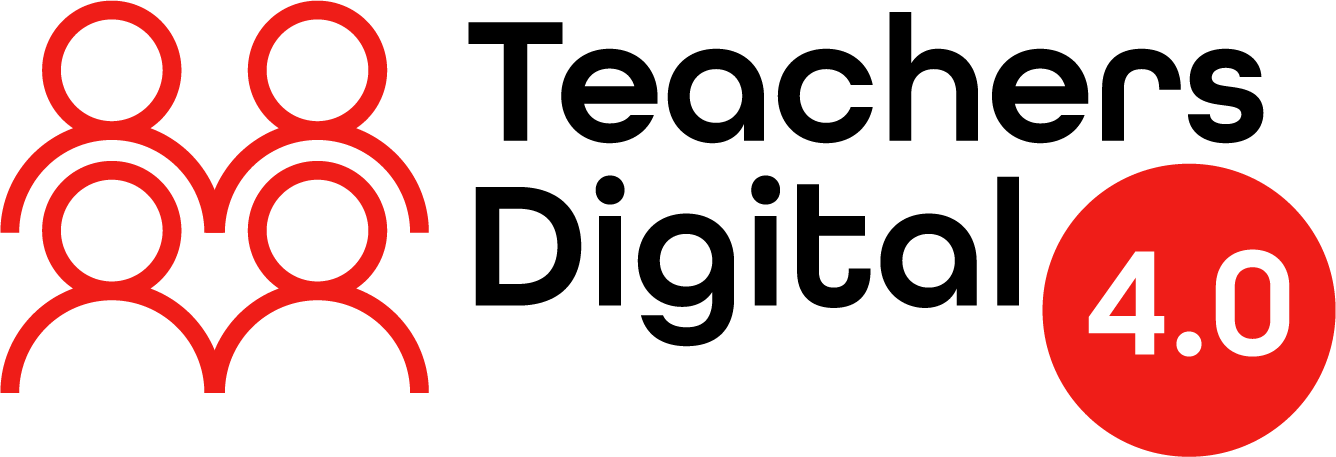
Media literacy skills make it easier for us to find and identify relevant facts, analyze an issue from multiple angles and make informed decisions. By equipping us with tools to recognize and resist misinformation, media literacy helps us become active members of a free and democratic society and participate in public debate responsibly.
Today’s students use social networks intensively and take advantage of the digital public sphere as a place for information, contestation, organization and debate, as well as a platform for political, social, educational and ethical struggles. They are also the most vulnerable target groups to misinformation and propaganda as they have not fully developed critical thinking skills and are prone to confusion and credulity. Media literacy education equips them with critical skill sets that enable them to quickly identify fake news, misinformation and propaganda. In a turbulent information ecosystem and participatory media culture, news literacy becomes an essential competence (Cernicova-Buca, Ciurel, 2022).
Students who receive media literacy education gain numerous benefits. They develop strong critical thinking skills, enabling them to evaluate information and arguments effectively. This skill is transferable to other academic subjects and everyday life, making them better learners and informed citizens.
Another benefit is enhanced communication skills. Media literacy education often involves creating and presenting media projects, which helps students improve their ability to express ideas clearly and persuasively. These skills are valuable in both academic settings and future careers (McDougall, 2019).
Despite its importance, media literacy education faces several challenges. One significant challenge is the rapidly changing media environment. New platforms and technologies emerge frequently, making it difficult for educators to stay current. Continuous professional development and updated resources are essential for teachers to effectively teach media literacy.
Another challenge is the varying levels of access to technology among students. Not all students have equal access to digital devices and the internet, which can create disparities in their media literacy education. Schools must address these gaps by providing the necessary resources and support to ensure all students have the opportunity to develop digital media literacy skills.
In Romania, the Teachers 4.0 Digital project, in which West University of Timisoara (WUT) is a partner, aims to promote digital media literacy and combat misinformation with teachers, educators and students of educational sciences as target group. Teachers must have the knowledge and skills to enable their students to think critically, make informed choices online and stay safe, continuously developing their resilience in the digital world.
Digital resilience aims to provide people with the skills, self-efficacy, and support systems they need to respond adaptively to challenges they may encounter online (Lee et. all., 2024). Building on psychological research that defines resilience as when individuals and communities “fare better than expected given adversity” (Troy et.all., 2023), efforts to promote digital resilience work to equip people with the knowledge they need to recognize and respond to online threats, such as misinformation, should they encounter them. Indeed, prior studies summarized by Roozenbeek et.all., (2021) have framed digital media literacy interventions as “a means to pre-emptively build resilience against anticipated exposure to misinformation,” instead of responding to false claims after they have already taken hold.

To develop digital resilience of students and teachers, WUT collaborates closely with the Ministry of Education in all project activities and aligns with the objectives promoted at national level through other projects funded by the PNRR program (Romania’s National Recovery and Resilience Plan). Recently, at the beginning of October, the Ministry of Education declared that “For digitization in education we need teachers with digital pedagogy skills. We are responding to this need and training more than 100,000 teachers to develop their key digital pedagogy skills”.
The Teachers 4.0 Digital project targets both teachers in pre-university education and students who want a teaching career. Therefore, starting from the 2nd semester of the academic year 2024-2025, WUT will start training courses for their students in educational sciences.
Interested in hearing about our future project activities, events and results? Stay in touch with us by subscribing to our newsletter here and following us on LinkedIn, Facebook and Instagram: @teachers4digitalage!
References:
Cernicova-Buca, M., & Ciurel, D. (2022). Developing resilience to disinformation: A game-based method for future communicators. Sustainability, 14(9), 5438.
Frau-Meigs, D., & Corbu, N. (Eds.). (2024). Disinformation Debunked: Building Resilience Through Media and Information Literacy. Taylor & Francis.
Lee, A. Y., Moore, R. C., & Hancock, J. T. (2024). Building resilience to misinformation in communities of color: Results from two studies of tailored digital media literacy interventions. New Media & Society, 0(0). https://doi.org/10.1177/14614448241227841
McDougall, J. (2019). Media literacy versus fake news: critical thinking, resilience and civic engagement. Media studies, 10(19), 29-45.
Roozenbeek, J., Maertens, R., McClanahan, W., et al. (2021). Disentangling item and testing effects in inoculation research on online misinformation: Solomon revisited. Educational and Psychological Measurement 81(2): 340–362.
Troy, AS., Willroth, EC., Shallcross, AJ., et al. (2023). Psychological resilience: an affect-regulation framework. Annual Review of Psychology 74: 547–576.






